In today’s fast-paced world, a simple social media post can be seen by millions in just seconds. Social media has become a key part of how we live, work, and travel. But now, a significant change is sweeping the visa application process for Nigerians – a change that could impact the way you plan your international travels.
Why This Change Matters: The Growing Role of Social Media in Travel Applications
Did you know that the U.S. Department of State has recently announced that Nigerian visa applicants must now provide a comprehensive 5-year history of their social media activity? Yes, you read that right. This bold move has caught many travelers by surprise, but it’s part of an ongoing effort by governments worldwide to tighten security and ensure that travelers meet visa requirements.
Now, if you’re planning to apply for a visa to the United States, the United Kingdom, or other countries with similar policies, you’ll need to dig deeper into your online presence. This new rule has made it urgent for visa applicants to prepare ahead of time to avoid delays or rejections.
But why is this happening, and how does it affect you as a Nigerian traveler? Let’s dive into this crucial shift in the visa application process.
📌 Read More
The Importance of Social Media in Visa Applications
Before we get into how this affects Nigerian travelers specifically, let’s take a broader look at how social media is playing an increasingly vital role in global travel. According to research, over 3.5 billion people use social media platforms worldwide. These platforms offer governments a new way to assess the credibility and intentions of travelers, ensuring national security is maintained.
From Facebook and Twitter to Instagram and LinkedIn, your social media footprint can provide valuable insights into your identity, background, and associations. While this might sound intimidating, it’s essential to understand that the government is primarily concerned with issues like security, illegal activity, or any history that might present a risk to the destination country.
However, many Nigerians may find themselves caught off guard by this new policy. With social media being an essential part of daily life, especially for millennials and Gen Z, many travelers might have overlooked the need for proper management of their accounts in the context of visa applications.
How Will the 5-Year Social Media History Requirement Impact Nigerian Travelers?
For Nigerians, this rule change means you will now need to provide your social media details as part of the visa application process. The key steps to prepare for this change include:
1. Review Your Social Media Accounts: Go over your social media accounts (Facebook, Instagram, Twitter, LinkedIn, etc.) to make sure your activity aligns with the standards expected by foreign authorities. Do you have any posts that could raise red flags? This is the time to delete or hide any controversial content that might impact your application.
2. Compile Your Social Media History: Be prepared to share the last five years of your social media activity. While it’s not yet clear how strict this requirement will be, it’s a good idea to organize your account history, especially if you use multiple platforms.
3. Stay Transparent: Ensure that your social media activity accurately represents your identity. Transparency and honesty in your application could save you from unnecessary delays or complications.
4. Secure Your Online Privacy: Tighten up your security settings to prevent unwanted access or misuse of your online presence. Regularly updating passwords and protecting sensitive data is vital in today’s digital landscape.
5. Prepare for Delays or Rejections: Unfortunately, this change could lead to a more extended review period. As the authorities analyze your social media activity, delays may occur. If your social media history raises concerns, there may be further scrutiny or even a denial of your visa application.
What Are the Benefits of This Change for Travelers?
While the rule may feel burdensome, there are potential upsides to this shift in the visa process:
- Enhanced Security: This rule aims to keep countries safe by reviewing the digital footprint of travelers. By ensuring your social media doesn’t pose a threat, it may give authorities more confidence in approving your visa.
- Clearer Background Check: Providing detailed social media activity can help clarify any misunderstandings or misrepresented information that might have come up during previous applications.
- More Control Over Your Online Presence: The visa application process might encourage you to be more mindful of your digital presence, which can lead to a more professional and secure online image.
How to Stay Ahead
Tips for Securing Your Visa with the New Social Media Rule
Now that you know the essential steps to take, it’s time to get proactive. If you’re planning on applying for a visa soon, here are a few tips to make sure you don’t run into any issues with your social media accounts:
1. Audit Your Social Media Accounts: Regularly check your posts for anything that might be considered suspicious or inappropriate by authorities. This includes political content, extremist views, or anything that might show questionable associations.
2. Use Privacy Settings Wisely: Many social media platforms allow you to hide specific posts or even entire profiles from public view. If there are posts you want to keep but don’t want to share with authorities, use the privacy settings available to you.
3. Stay Professional Online: Treat your social media as a reflection of your character. Avoid controversial topics and focus on content that demonstrates your professionalism, hobbies, and positive engagements.
4. Document Everything Properly: If you use social media for professional purposes (such as LinkedIn for business networking), make sure your account is complete and up to date. Your online activities should align with the visa you’re applying for.
Take Action Today to Secure Your Spot
This new visa rule requiring Nigerians to provide 5 years of social media activity is undeniably a game-changer. While the change is a bit intimidating, it offers you a chance to make sure your social media presence is secure and professional.
With proper preparation, you can fast-track your visa application process, avoid unnecessary delays, and ensure you meet all the required criteria. Be proactive – review your social media, tighten security, and make sure your digital footprint aligns with the standards expected by foreign governments.
📰 Similar Posts
Need help with your visa application? Contact us today for expert advice, tailored solutions, and the support you need to get your visa approved without any issues.



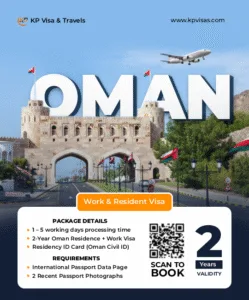
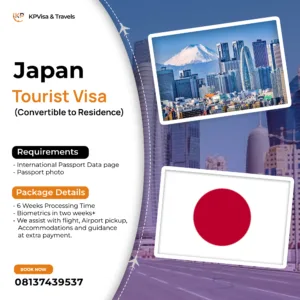

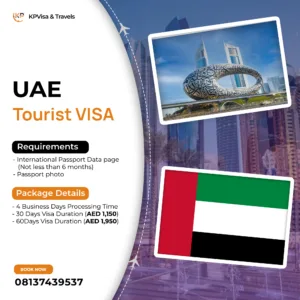
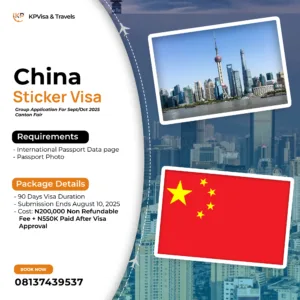
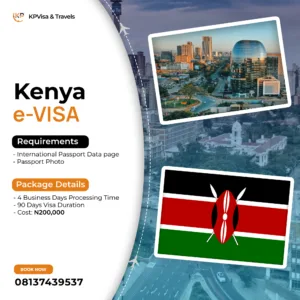
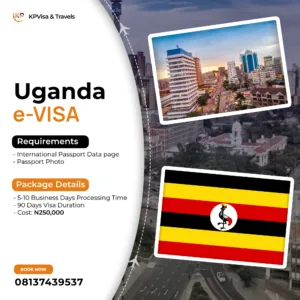
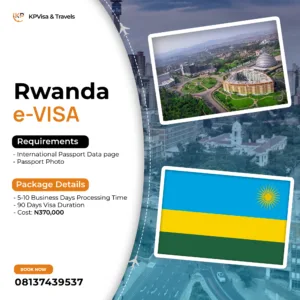

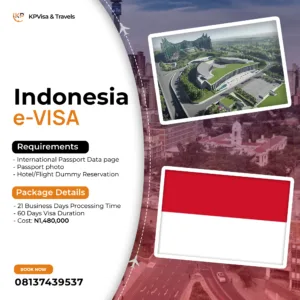


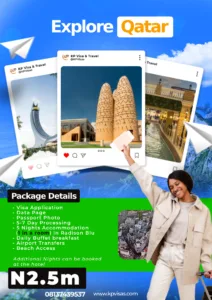
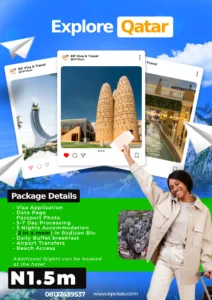


















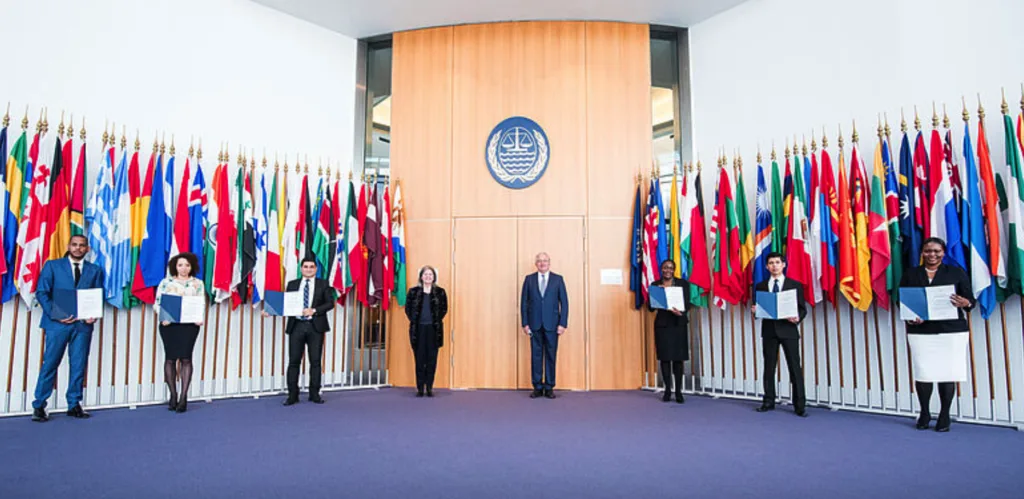

No responses yet